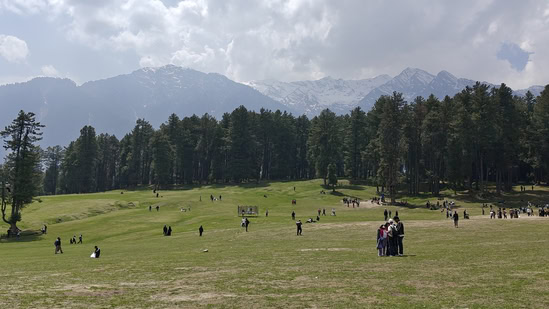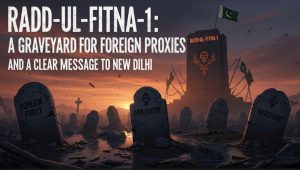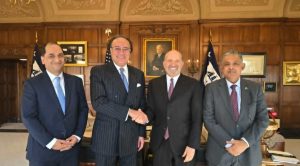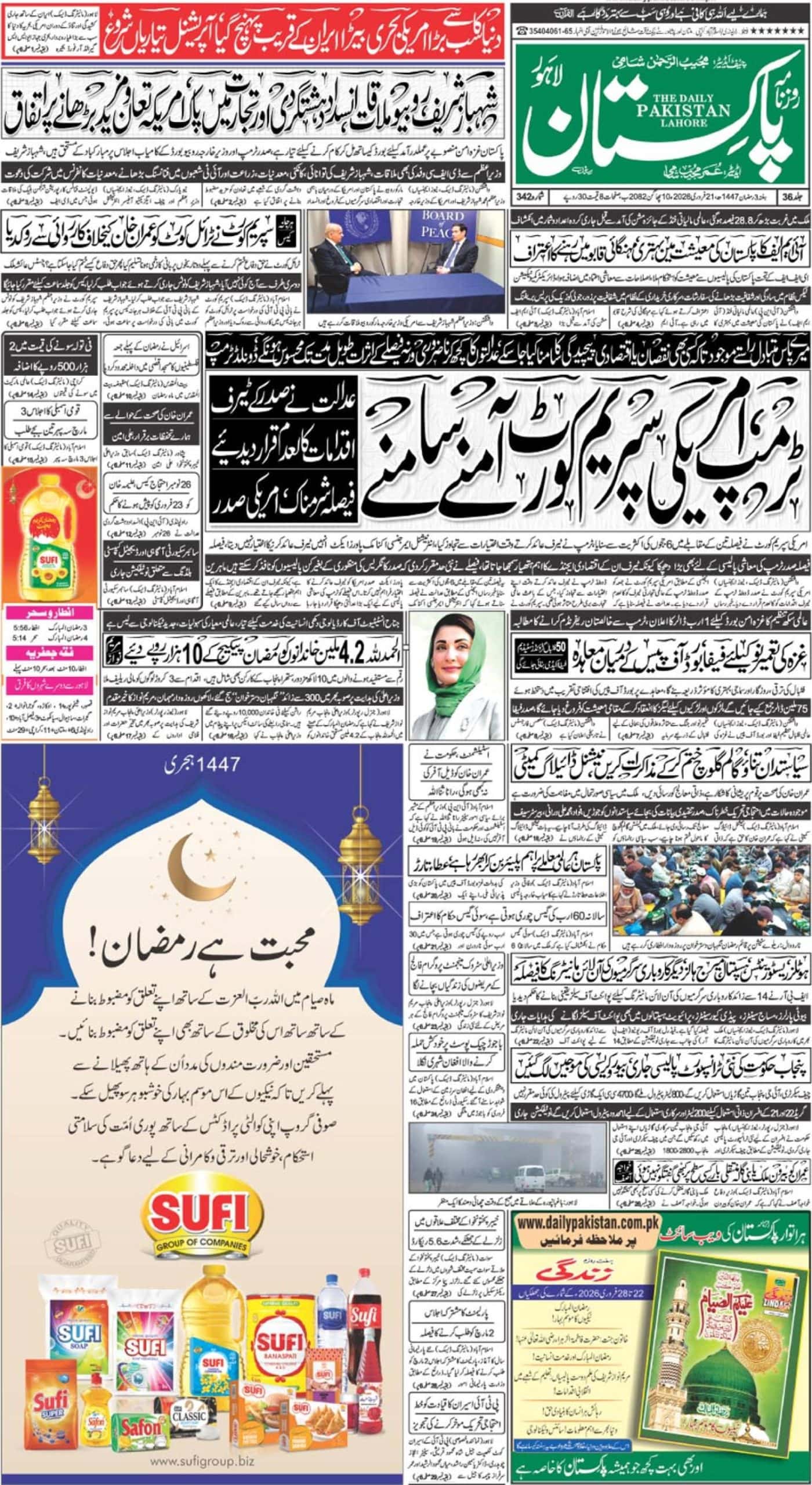When news broke about the terrible attack in Pahalgam, in the part of Kashmir administered by India, it felt sadly familiar. But almost immediately, really disturbing whispers started – suggestions that this wasn’t just random violence. The story emerging is that India’s own intelligence agency, RAW, has actually been involved in planning and carrying it out. Why? The theory goes that it’s part of a troubling pattern: create a crisis, make it look like terrorism, and use it to distract from India’s own actions, especially in Kashmir. It feels less like a straightforward tragedy and more like a calculated setup – a ‘false flag’ – designed to stir outrage, shape how the world sees things, and point the finger squarely at Pakistan, all without needing much real proof.
You can understand the response from Pakistan’s side. Their top military spokesperson, Lt Gen Ahmed Sharif Chaudhry DG ISPR, spoke up pretty bluntly. He questioned how India could blame Pakistan almost instantly. Think about it: filing a formal police report (FIR) just minutes after the attack, implicating Pakistan? In such a remote place, difficult to even reach quickly? The General asked what many were probably thinking: how could anyone even start a real investigation that fast, especially when the nearest police station was reportedly a half-hour drive away? It felt less like finding the truth and more like rolling out a story that India wanted the world to hear. His press conference felt like more than just a reply; it was like calling out India’s whole strategy of shifting blame.
And then there are these reports – apparently, leaked documents from RAW itself are surfacing, supposedly laying out the whole plan. As these documents looks real, and it suggest the attack wasn’t spontaneous but carefully arranged to frame Pakistan. The leaks apparently detail a timeline: blame Pakistan within 36 hours, get the media telling that story. It sounds like a plan to use news outlets to spread a specific message targeting Pakistan and its intelligence agency, ISI, before anyone really knew the facts. The DG ISPR stressed that this isn’t just a one-off; it feels like part of a bigger playbook India uses to sway opinions both at home and abroad.
Sadly, this feeling of ‘we’ve seen this before’ runs deep. India using these kinds of tactics isn’t new, according to Pakistan. The General made a crucial point: this isn’t just about Pahalgam. He spoke about Pakistan’s long-held view that India has a history of stirring up trouble inside Pakistan – funding militants, using intelligence networks, especially in places like Balochistan and Kashmir. Pakistan feels it’s been on the receiving end of this kind of violence for years, tracing much of it back to Indian intelligence. As the DG ISPR reminded people, this isn’t just guesswork from their perspective; they believe the evidence is clear and India’s hand in these operations is undeniable.
What feels particularly unfair to Pakistan, though, is how India seems to flip the script, constantly accusing Pakistan of sponsoring terrorism without offering solid proof. It’s a tactic that seems to work: point fingers, get the media repeating it, and watch as the world starts to believe it. The DG ISPR directly called out this seeming hypocrisy. He suggested India’s accusations aren’t just wrong; they’re a way to cover up its own activities and distract from what’s happening in Kashmir under its watch.
He didn’t shy away from bringing up past events either, mentioning the infamous Pulwama attack as another example where India allegedly used a false flag for political gain. He suggested Pahalgam feels eerily similar: blame Pakistan, whip up anger, and make the world look away from India’s own issues. He was absolutely right to raise eyebrows at how fast the blame came – that kind of speed doesn’t suggest careful investigation; it hints at a story already written, aimed at making Pakistan look like the villain once more.
It’s a worrying game India plays, using the media and turning tragedy into propaganda. As the DG ISPR pointed out, Indian media outlets jumped on the story immediately, painting Pakistan as the guilty party without waiting for evidence. The story they pushed wasn’t necessarily about truth; it seemed more about fitting an agenda. He also noted contradictions in India’s own reporting – was it random shooting or targeted extremism? These inconsistencies just make the official narrative seem shaky.
India’s tried this before, and it feels like the same old script keeps playing out. As the DG ISPR highlighted, it’s not just one attack; it’s part of a long game Pakistan believes India has been playing for years – using instability and even violence as tools to achieve its goals. Pakistan feels it has long been caught in the crossfire of India’s actions, and Pahalgam seems like the latest painful chapter.
But one thing the DG ISPR made crystal clear needs to be heard: Pakistan isn’t looking for a fight. He stressed their commitment to peace, but drew a line in the sand – they won’t stand for being blamed without reason. They won’t let India get away with what they see as fabricating evidence, spreading falsehoods, and manipulating the media. Pakistan’s call for a real, independent investigation into Pahalgam isn’t just posturing; it feels like a genuine demand for truth and fairness.
Maybe it’s time for the rest of the world to listen past the shouting. India’s message might be loud, but truth often speaks quieter. The DG ISPR’s words feel like a plea to the international community: stop just accepting India’s accusations at face value. Start asking for real evidence. Let’s try to cut through the noise and look at the actual facts. Pakistan has been through a lot, and perhaps it’s time the world seriously considered India’s own part in keeping the region on edge.
To wrap it up, the Pahalgam attack feels like more than just a tragedy. From Pakistan’s viewpoint, it looks like a calculated move to twist public opinion, push India’s agenda, and hide its own actions. We can’t keep ignoring the patterns and letting these manipulations slide. As the DG ISPR strongly implied, Pakistan won’t stay quiet. They want the truth out there. It kind of reminds you of that old saying – sometimes the one shouting the loudest has the most to hide. But in the end, hopefully, the truth finds a way to come out.














